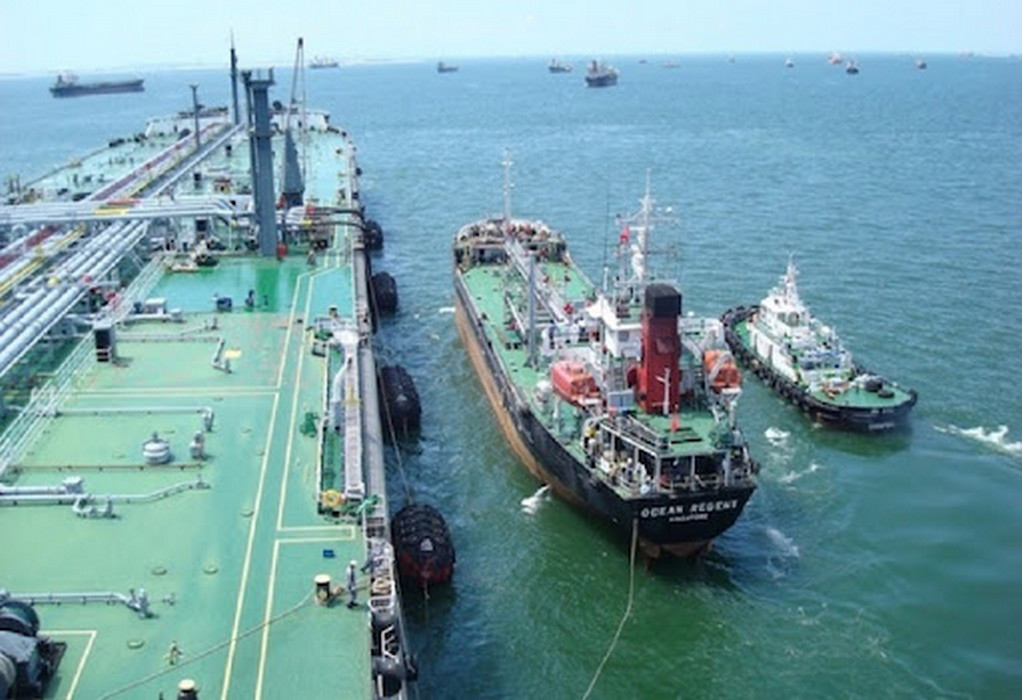Indian ports reported a 64 per cent year-on-year (YoY) increase in the total number of bunkering and ship-to-ship (STS) calls during the first seven months of 2024, according to the S&P Global Commodity Insights. In shipping parlance, bunkering refers to the process of supplying fuel to ships.
S&P said the Red Sea crisis has prompted ship owners to choose longer routes around Africa resulting in a substantial increase in monsoon bunker demand at Indian ports. The crisis emerged in October 2023, and has managed to persist since then.
The total number of bunkering and STS calls to Indian ports was more than 6,765, compared with 4,113 during the same period in 2023, according to the report.
The growth, which usually slows down due to weather disruptions during the season, was further fuelled by favourable pricing and consistent supply from domestic refineries since the second quarter of 2024.
According to the CAS data, Mumbai, one of the major bunkering hubs in the country, saw a 53 per cent rise in total bunkering and STS calls. Market participants stated that the monsoon has had a little effect in Mumbai this time, the report said.
Platts, part of Commodity Insights, assessed 0.5 per cent marine fuel oil delivered to Mumbai at $641/ tonne CFR on August 8, down $4/tonne week on week, while in Kochi prices were at $647/tonne, up $4/tonne.
The CAS data also showed that the total Bunkering and STS calls fell by 26 per cent month-over-month to 357 in July 2024 for Gujrat-based ports. The reason cited behind the fall is the imposition of seasonal restrictions by certain port authorities on barge movement due to unfavorable weather conditions, due to the Southwest monsoon, that impact anchorage supplies.
Meanwhile, the commentary further quoted that Haldia market demand remained stable with consistent supply. Uncertainty about refinery maintenance has left market participants unsure about its impact on August demand, with some predicting a product shortage and others expecting market stability.
Some suppliers experienced product shortages in July, leading to a decrease in their monthly volumes. However, suppliers who had the product saw increased volumes as customers shifted to them.
Also, an increase in bunker demand at Colombo led to a decline in Kochi. According to the commentary, Platts assessed 0.5 per cent marine fuel oil delivered to Kochi at $647/tonne CFR on August 7, a $23/tonne discount to marine fuel 0.5 per cent bunker delivered to Colombo.
Tags: Bunkering, Indian ports, Red Sea, STS



Recent Posts
Adani launches India’s first hydrogen-powered truck
MAN Energy Solutions Completes Type Approval Test for Upgraded Dual-Fuel GenSet
Global Shipyards Launch Alliance to Accelerate Maritime Sustainability
Port of Antwerp-Bruges Launches Volta 1, Europe’s First Fully Electric Tugboat
CMA CGM Adds Second Methanol-Powered Vessel ‘Argon’ to Its Fleet
Electric Orkney Project Launches Game-Changing Hydrofoil Vessel ‘Zevi 1’
Zeppelin Power Systems Unveils Hydrogen-Powered Fuel Cell Generator in Hamburg
FueLNG Completes 400th LNG Ship-to-Ship Bunkering Operation in Singapore